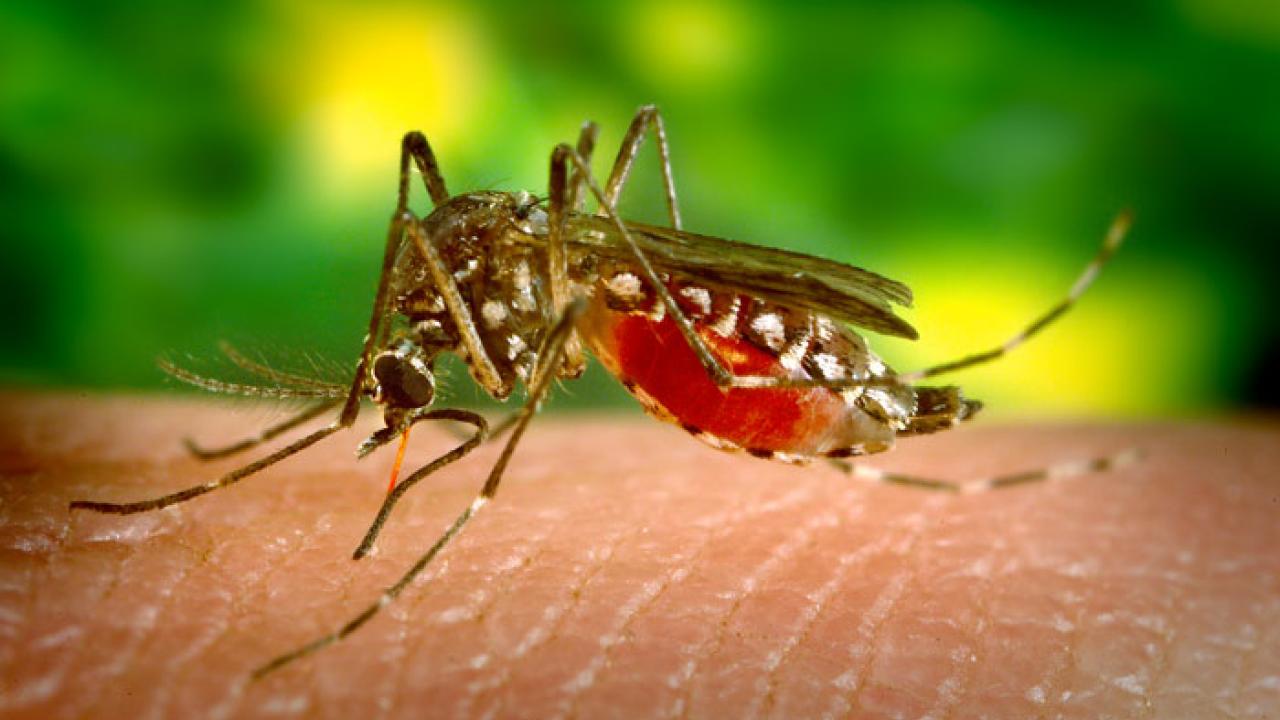
DEET Beats Clove-based Mosquito Repellent on Performance and Price
Insect repellents are the first line of defense against mosquito-borne diseases such as Dengue, Zika, Yellow fever and others. For many years DEET has been the gold standard for insect repellents. But cost — and a preference for “natural” products — has sparked interest in alternatives, such as repellents based on extracts of cloves. These are particularly popular in Brazil and recipes for home-brew repellents made from cloves are available online.
Kaiming Tan, an undergraduate working with Professor Walter Leal at the UC Davis Department of Molecular and Cellular Biology, recently put a home-brewed clove repellent to the test against DEET. Their paper was just published in PLOS One.
Tan made up the clove repellent according to published recipes. He tested it and DEET in a feeding assay of lab-raised Culex and Aedes mosquitoes. Even with a clove preparation of five times the standard concentration, DEET still performed better in repelling mosquitoes from landing and feeding.
Previous work from Leal’s lab has shown that DEET repels mosquitoes both at a distance (they don’t like the smell) and by contact: when a mosquito lands on DEET-treated skin, it tastes it through its feet.
Part of the premise of using home-made repellents, the authors note, is that these are cheaper than buying DEET off the shelf. But taking into account the cost of ingredients (including cloves, alcohol and mineral oil) the home-made repellents are actually more expensive. Also, they don’t work very well.
Media Resources
- Read the paper in PLOS One
- This story first appeared on the UC Davis Egghead blog
